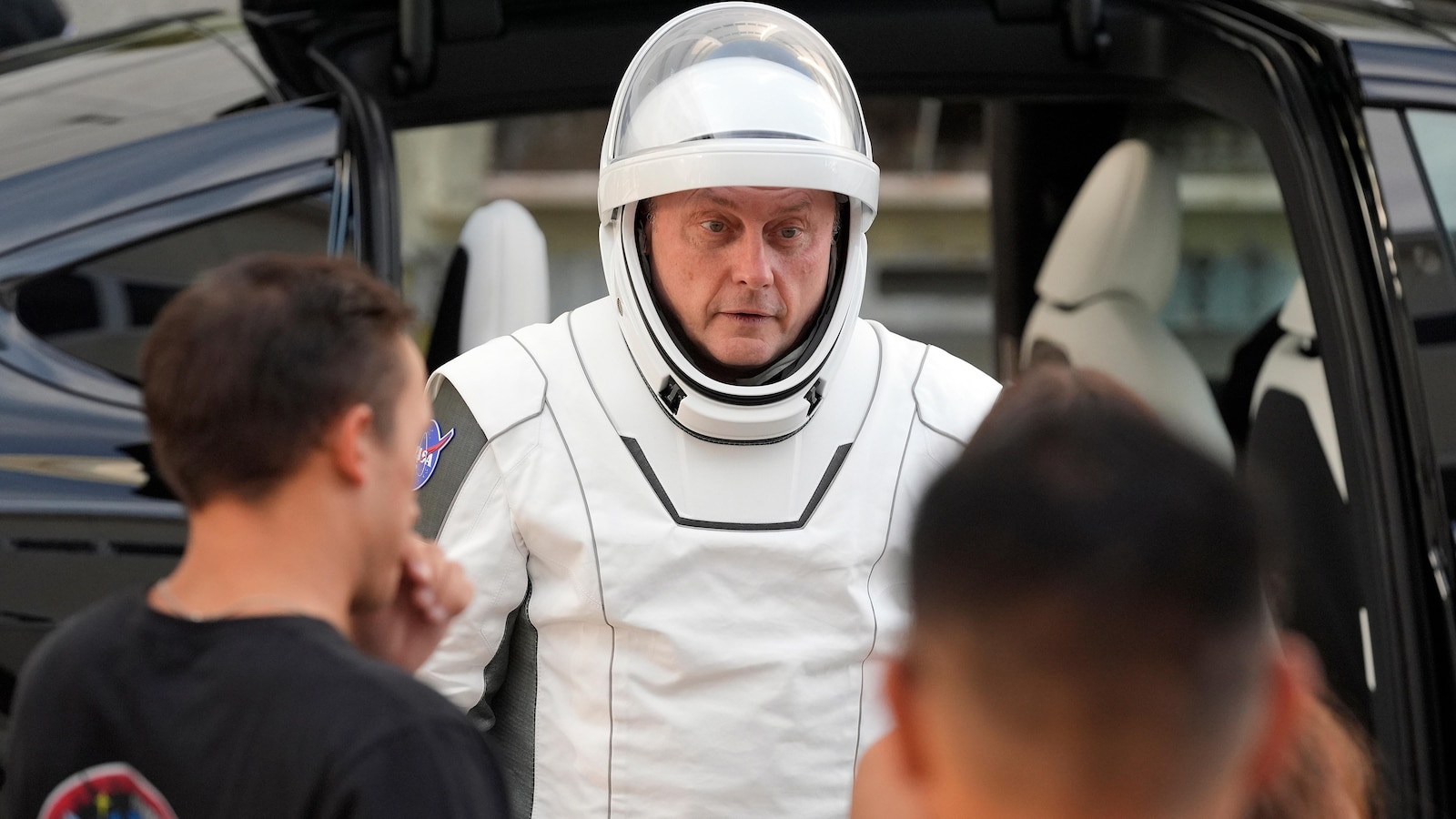SpaceX Launches International Crew to ISS After Boeing Starliner Delays
Four astronauts from the U.S., Japan, and Russia successfully launched to the International Space Station aboard a SpaceX Falcon 9 rocket, overcoming delays from Boeing's Starliner issues.
Subscribe to unlock this story
We really don't like cutting you off, but you've reached your monthly limit. At just $5/month, subscriptions are how we keep this project going. Start your free 7-day trial today!
Get StartedHave an account? Sign in
Overview
- A crew of four astronauts, including members from the U.S., Japan, and Russia, successfully launched to the International Space Station (ISS) aboard a SpaceX Falcon 9 rocket.
- The launch, originating from NASA's Kennedy Space Center, followed significant delays primarily attributed to ongoing issues with Boeing's Starliner spacecraft development and readiness.
- The SpaceX capsule, carrying astronauts Zena Cardman, Mike Fincke, Kimiya Yui, and Oleg Platonov, was set to dock with the ISS's Harmony module early Saturday morning after a 16-hour journey.
- This mission marks a crucial resupply and crew rotation for the space station, with the new crew expected to stay for at least six months, potentially extended to eight months by NASA.
- The successful launch underscores the continued reliance on SpaceX for crew transport to the ISS, ensuring ongoing international collaboration and scientific research in orbit.
Report issue

Read both sides in 5 minutes each day
Analysis
Center-leaning sources cover the SpaceX launch neutrally, focusing on factual reporting of the event. They provide objective details about the mission, crew, and scientific objectives, avoiding loaded language or selective emphasis. Historical context and astronaut quotes are included to inform, not to frame a particular narrative.
Articles (3)
Center (3)
FAQ
Boeing's Starliner spacecraft experienced ongoing development and readiness issues, including delays and technical challenges during testing, which postponed its operational crew missions, leading NASA to continue relying on SpaceX's Crew Dragon for transporting astronauts to the ISS.
The Crew-11 mission includes NASA astronauts Zena Cardman and Mike Fincke from the United States, JAXA astronaut Kimiya Yui from Japan, and Roscosmos cosmonaut Oleg Platonov from Russia.
The Crew-11 astronauts are expected to stay aboard the ISS for at least six months, potentially extended to eight months, conducting experiments on moon landing simulations, eyesight protection, plant cell division in microgravity, and producing human stem cells and nutrients for deep space travel support.
The Crew-11 astronauts launched aboard SpaceX's Crew Dragon Endeavour spacecraft, which was carried into orbit by a Falcon 9 rocket from NASA's Kennedy Space Center.
After the Crew-11 crew docks with the ISS and the handover period, the Crew-10 astronauts who arrived in March 2025 will return to Earth aboard the same Crew Dragon spacecraft that brought them to the station.
History
- This story does not have any previous versions.


